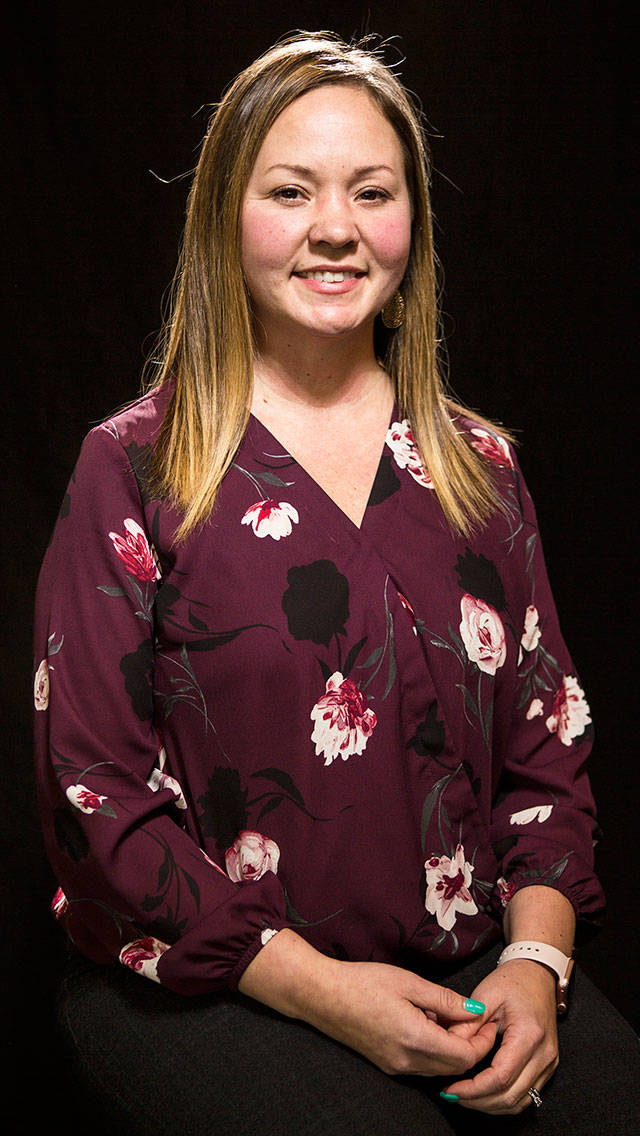By Rochelle Lubbers
Anyone can be a change agent for racial equity; it’s a choice. I recently made a choice with 25 other leaders in the county.
I enrolled in the Leadership for Racial Equity Cohort, a 5-month course offering by Leadership Snohomish County. Why is this course available? Why now? What is the goal of inviting leaders in Snohomish County to attend or sponsor employees to attend? If you cannot answer these questions that is ok — it’s a part of the learning that will help create change.
Like many people, I easily get caught up in the day-to-day life of work, managing employees, being busy with emails and meetings, and trying to be strategic about organizational development and direction.
Signing up for the Leadership for Racial Equity Cohort was my intentional effort to find a place to learn and think critically about how our local governments, school districts, businesses and nonprofits are designed to sustain oppression. This is how I can learn, grow and challenge the system to move toward racial equity and healing.
I come with my own biases and privilege. I am prepared to learn about myself, my critical thinking partners and community through the lens of those lucky enough to be in this cohort with experts Tami Farber and Bernardo Ruiz guiding and challenging our growth.
The most impactful takeaway from week one was from critical race theory. A portion of this theory is that systems are not broken; they are designed to attain the results we currently experience. Since hearing this, I have thought deeply and strategically about my mission in Tulalip education to build support and systems that foster engaged learners and on-time graduation for tribal members. The many years of limited growth and lack of academic achievement in our Tulalip students are telling us the school system is not set up to support their success. I am hopeful that this cohort will continue to build the framework for many conversations in the near future and over time that will dismantle long-term systems that are not fostering success in our Tulalip children.
As a board member for Leadership Snohomish County, I am proud of the organization for elevating this important conversation. This cohort is on a journey to understand not just theory but also current implications for our organizations and community. With shared knowledge and vocabulary, we can identify transformational leadership practices to influence our own organizations.
We can all make powerful choices to expand our horizons. Challenging our thoughts, thinking critically, finding safe spaces to learn are all stepping stones to the larger community conversation about societal issues that are otherwise left unchanged.
From one Leadership Snohomish County board member: Thank you for your support. Let’s all cheer on the first annual Leadership for Racial Equity Cohort!
Rochelle Lubbers is a Tulalip Tribal citizen, executive director of education for Tulalip Tribes, a member of the 2019 Leadership for Racial Equity Cohort and a board member for Leadership Snohomish County.
Talk to us
> Give us your news tips.
> Send us a letter to the editor.
> More Herald contact information.

























